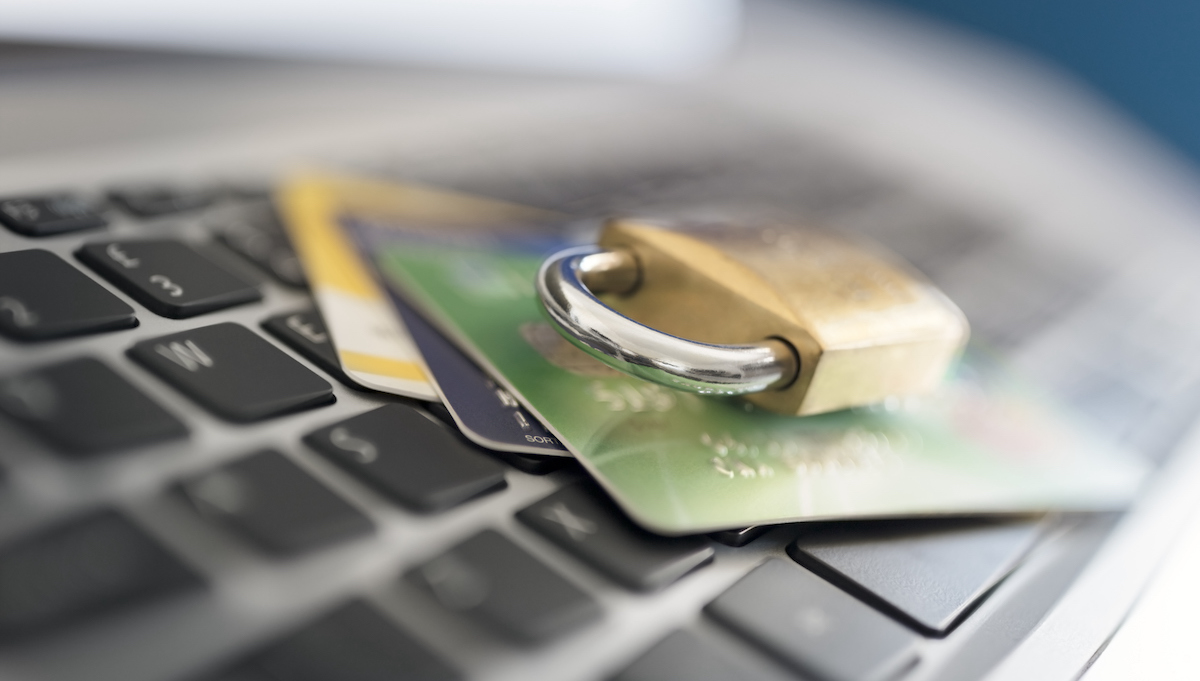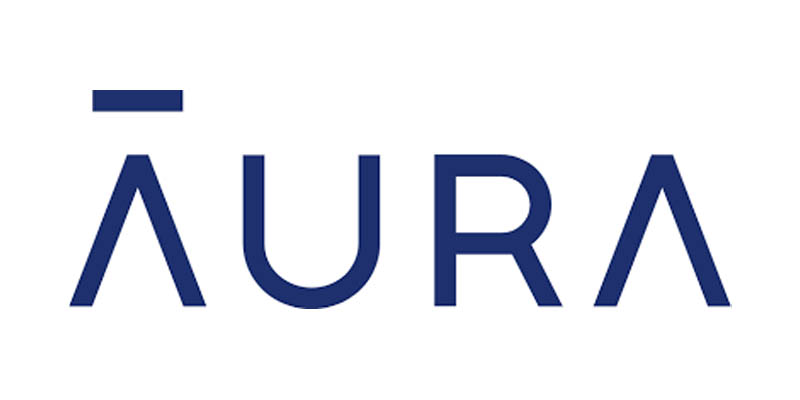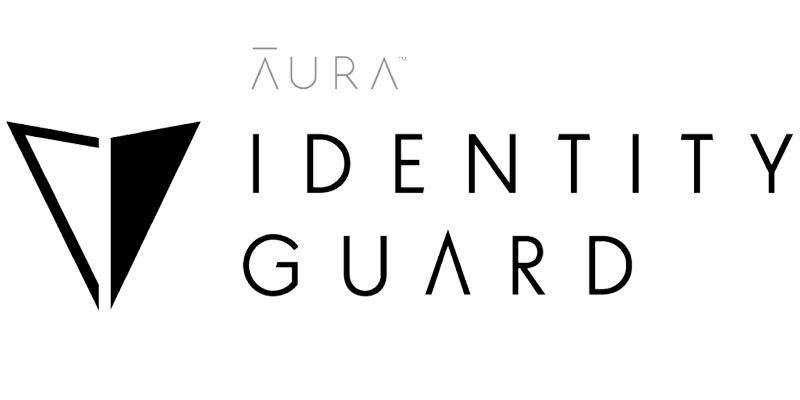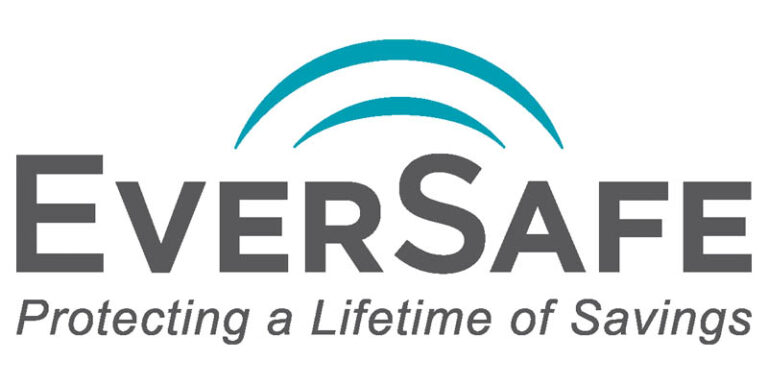How To Know If You’re a Victim of Identity Theft
Updated:
Retirement Living takes an unbiased approach to our reviews. We may earn money when you click a partner link. Learn More

Identity theft affects all age groups and is the top consumer fraud in every state. The Federal Trade Commission received nearly 1.4 million identity theft reports in 2020, more than double the cases reported the year before. Know the signs of identity theft to reduce or eliminate financial loss. You may also avoid the stress of trying to prove you’re not responsible for unauthorized accounts and bills.
Great for cybersecurity support
Aura Identity Theft Protection
- Plans can include members of different households
- Investment account monitoring
What Is Identity Theft?
Criminals engaging in identity theft steal your personal and financial information to assume your identity. The thieves use your Social Security number, birthdate, full legal name and other information to apply for credit, government benefits, loans and more. The result may ruin your credit rating or wipe out your savings. You also could be stuck spending countless hours clearing up fraudulent tax and loan debts.
Identity theft has changed over the years. Before the spread of technology, criminals would steal mail and wallets. Digging through garbage to find the various pieces of information required to assume someone’s identity was common.
These methods still exist, but identity thieves now rely heavily on technology to gather information. Synthetic identity theft, where criminals collect information about the victim from various sources, is common.
10 Signs of Identity Theft
Knowing the signs of a stolen identity is key to reducing or eliminating financial loss. You can also avoid the frustration of clearing your credit report and other records, which can take weeks. If you experience any of the following, report the potential identity theft immediately.
- A missing wallet, purse or other case containing your credit cards, checkbook or ID cards.
- Ordering new checks or credit cards but not receiving them in the mail.
- Missing mail, like bank statements, loan documents or other bills.
- Receiving a confirmation of address change from the U.S. Postal Service when you’re not moving.
- Calls from collection agencies, although you have no overdue accounts.
- IRS records show you work for the wrong employer.
- Unauthorized credit card charges or electronic withdrawals from a bank or credit union.
- A failed background check.
- Receiving unexpected bills.
- An online vendor or service provider informs you of a data breach that included your account.
Top Forms of Identity Theft
Identity thieves can use your personal information to apply for government benefits. “Government benefits applied for or received” is currently the top form of identity theft, increasing 2,920% between 2019 and 2020. Criminals apply for benefits like health care, food stamps and Social Security.
Identity theft involving government benefits was up more than 1,400% for military personnel. U.S. Immigration and Customs Enforcement (ICE) explains that benefit fraud can threaten national security and public safety.
Tax fraud involving identity theft is up 225%. This generally involves a criminal using your information to file a return to steal your tax refund. When you try to file your return, the IRS tells you it already received the return.
The third-most-frequent type of identity theft involves using your information to take out a personal, auto, home equity, student, payday or business loan. This type of theft was up 127% over the previous year and can involve multiple loans in several states. An unauthorized payday loan can be especially troublesome, with excessive interest rates and fees and aggressive debt collectors.
Identity Theft Prevention
Understanding what identity thieves can do with your personal and financial information helps you see the warning signs of identity theft. Start with an awareness of the latest scams used to gather information needed to use someone else’s identity. Criminals may illegally use your identity to:
- Establish a driver’s license, passport or insurance policy.
- Forge government documents other than those required for benefits.
- Rent or lease an apartment, car or house.
- Claim unemployment benefits.
- Open credit card, debit card, bank, brokerage or utility accounts.
- Open online shopping, social media and email accounts.
A simple way to detect identity theft is to track your bills and financial accounts regularly. Know when bills typically arrive and review your account statements. Create a reminder or calendar appointment to check your credit score and credit reports at consistent intervals. Read our guide on how to prevent identity theft for more tips.
Identity Theft Prevention Services
Given the sophisticated methods an identity thief may use, a professional service can be the best way to stop this crime. An identity theft protection services like Identity Guard can send a fraud-alert text or email when irregular activity occurs in your accounts. These services also let you know when your accounts close or new ones are opened so you can verify the activity. Identity theft protection services allow you to act fast to prevent loss.
These services can also assist with recovering your identity if it’s stolen. Experienced experts can complete the task faster than you can on your own.
Compare Top Identity Theft Protection Companies
Take Suspicious Activity Seriously
Knowing the signs of identity theft is key to maintaining your finances and peace of mind. Make time to review your accounts and credit report regularly. Consider how using an identity theft protection service can be worth the cost, and never ignore suspicious activity on personal and financial accounts.


